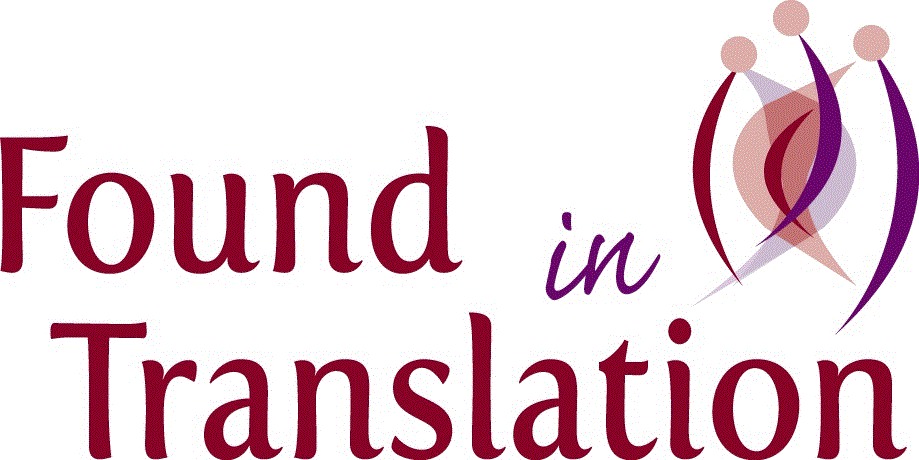What Social Justice means to Found in Translation

A reflection by Founder and Executive Director, Maria Vertkin.
Today is the UN World Day of Social Justice. In the spirit of the 2020 theme: “Closing the Inequalities Gap to Achieve Social Justice,” I reflect on what Social Justice means to Found in Translation.
For Found in Translation:
Social Justice means gender justice, racial justice, immigrant rights and anti-xenophobia — Immigrants, women, and people of color are not only the backbone of the US culture and economy but, more importantly, human beings who deserve equal standing in society.
Social Justice means economic justice — We clear pathways into the interpreting profession, a field that immigrants are uniquely qualified for and which positions them to support and strengthen their communities. Higher wages, greater flexibility, and improved employment prospects in one of the fastest growing fields in the US means better lives for our graduates, their families and communities.
Social Justice means language justice — Interpreters create equitable access to vital services such as medical and legal, and to civic participation, amplifying the voices of linguistically-diverse communities and enabling participation in the democratic processes that shape our collective future.
This is the the kind of world we seek to build by supporting the careers and livelihoods of multilingual, multicultural women. Every one of us deserves to thrive. That is what Social Justice means to Found in Translation.

Learn more about the World Day of Social Justice at: https://www.un.org/en/observances/social-justice-day

